The Supreme Court will finally hear arguments in the Marriage Equality cases this week, and it’s about time. If justice delayed is justice denied, than we’ve had denial of justice for a good part of our population for far too long.
The opponents of marriage equality do not want to talk about civil rights. They don’t want to talk about equality. They don’t want to talk about gays sharing in society and being fully accepted in American culture. What they want to talk about is redefining marriage, which they say is what these cases are all about. They also want to point to the Bible for their definition, and cite its prohibitions against any homosexual activity. You’ll excuse me, but I am tired of having to worry about what a book that also mandates stoning, banishment and ritual murder has to say about people who live in a manner that is really not your business. If religious opponents of marriage equality can pick and choose which parts of the Bible they want to apply here, then I will feel free to ignore the Bible altogether as a remnant of tales, stories and oral histories that provide a fascinating narrative, but are not relevant to the modern world.
But in the end, they are simply redefining equality. And that’s wrong.
The main argument against marriage equality is that it would redefine the institution that opponents believe to be the bedrock of any civilization. Once you allow anybody who loves another person to marry them, then you’re opening the door to polygamy, incest and child marriage. Here’s Brian S. Brown, one of the most active opponents of marriage equality:
“When you knock over a core pillar of society like marriage, and then try to redefine biblical views of marriage as bigotry, there will be consequences,” Mr. Brown warned last August in a fund-raising letter. “Will one of the consequences be a serious push to normalize pedophilia?”
Then there’s this audio from the NPR program The Takeaway, where Joseph Backholm, executive director of Family Policy Institute, an anti-marriage equality group, says that not only should gays not be allowed to marry, they shouldn’t be able to adopt and raise children, since that right is traditionally reserved for those who can create children. I guess childless heterosexual couples need not apply either.
This is what the right wing does best: They scare and twist facts so that there’s no other choice but to oppose the same things they oppose. But Mr. Brown did more than that. He enlisted African-American clergymen and women to oppose marriage equality because, he said, it was less a civil rights issue than one of religious doctrine. Wasn’t this the same argument that segregationists used to fight integration?
Yes it was.
Denying people rights is the same no matter what their station is. Laws that forbid intermarriage were overturned. Laws that forbid certain sexual practices were overturned. Public places were integrated. The long history of our country generally moves in one direction; towards more freedom and more access for all groups. I can’t imagine the Supreme Court saying that marriage equality is against the Constitution. It’s just a matter of how far they’ll go.
The problem, though, is that even if the Court overturns the Defense of Marriage Act, it doesn’t mean that gay couples will have an unfettered right to marry or enjoy the same rights and privileges as heterosexual couples. Unless the Court mandates marriage equality throughout the nation, states that don’t recognize it can continue to not do so. That will continue to complicate the lives of those couples who are legally married in the eight states that do recognize marriages if they even visit states that do not. That’s not equality. More delays. More denials.
Here is a graphic that explains how the court might rule.
I expect that the Court will open the gates to marriage equality in some way, but won’t make a sweeping judgement that covers the whole country. I also believe that this will be another John Roberts decision and that he will provide the fifth vote in favor. If Anthony Kennedy comes along, then the tally will be 6-3. I just can’t see Scalia, Alito or Thomas signing on to this.
Opponents of marriage equality say that an expansion of marriage rights is not a done deal. I disagree. Many people already have these marriage rights in the states that recognize gay marriage. I cannot imagine that the court would take those rights away. And once they are affirmed, they will become part of the American way of life. Gay couples will be more visible and will ultimately become more accepted. It will take some time and there will be bumps along the way, but it will happen.
Because this is a civil rights issue. Plain and simple.
For more, go to www.facebook.com/WhereDemocracyLives and on Twitter @rigrundfest
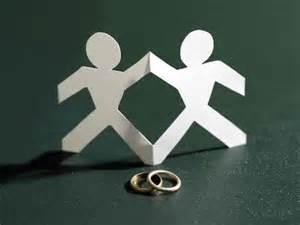
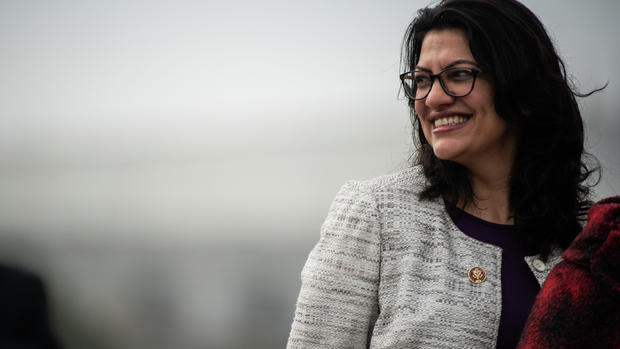
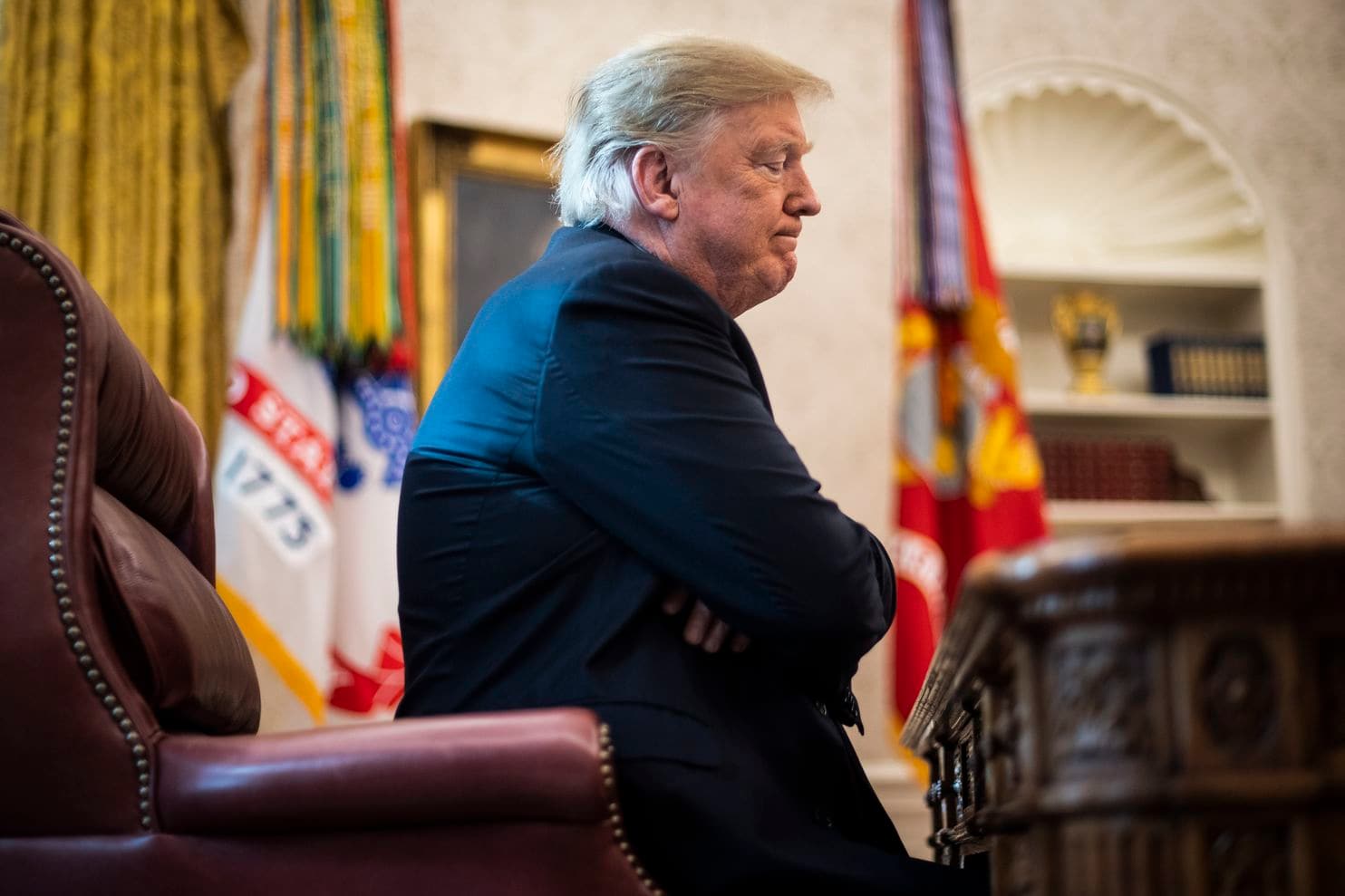
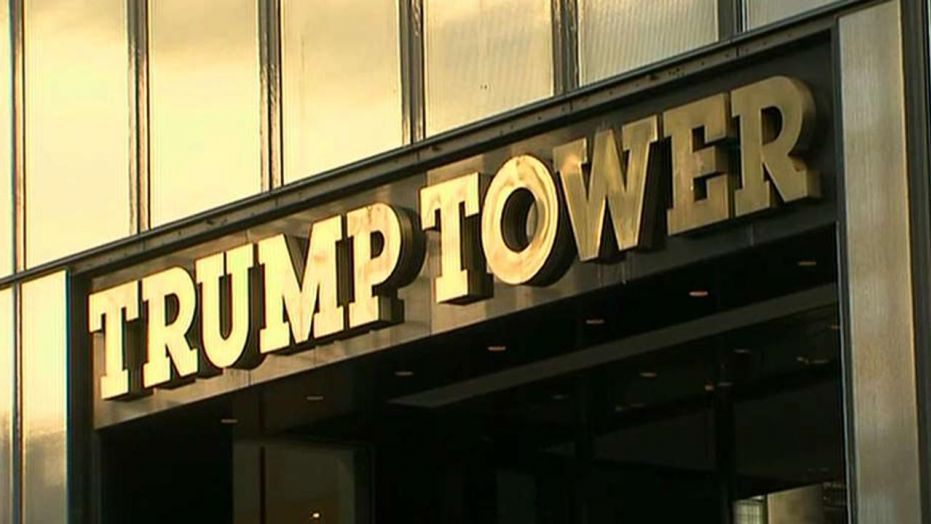
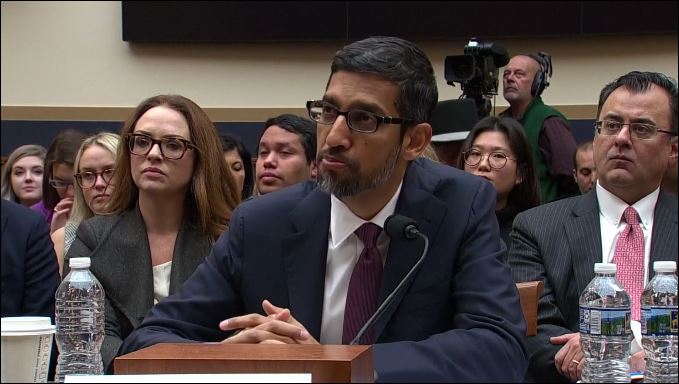
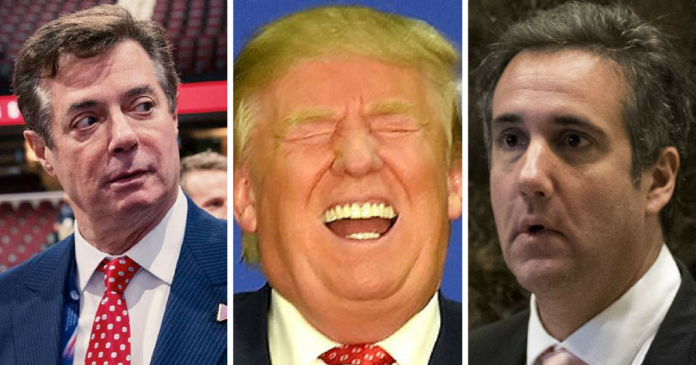

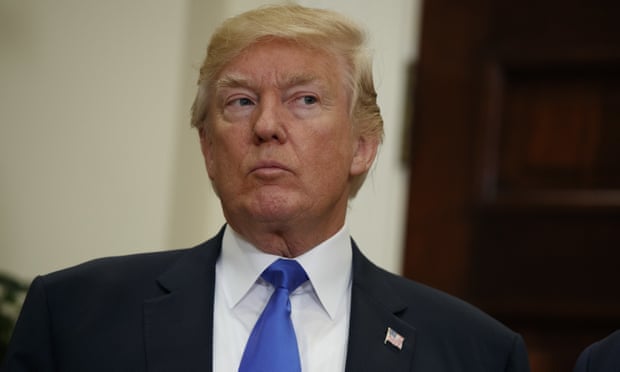
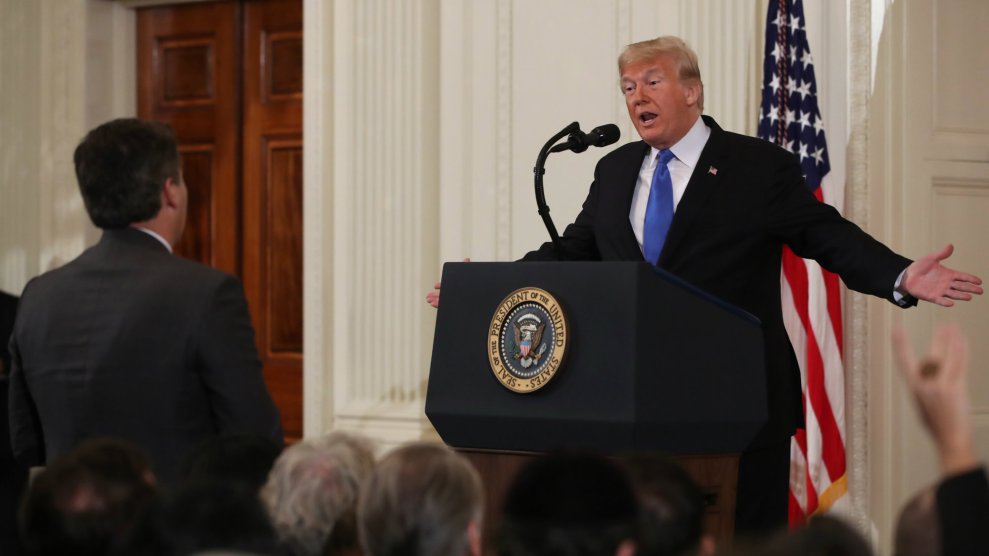
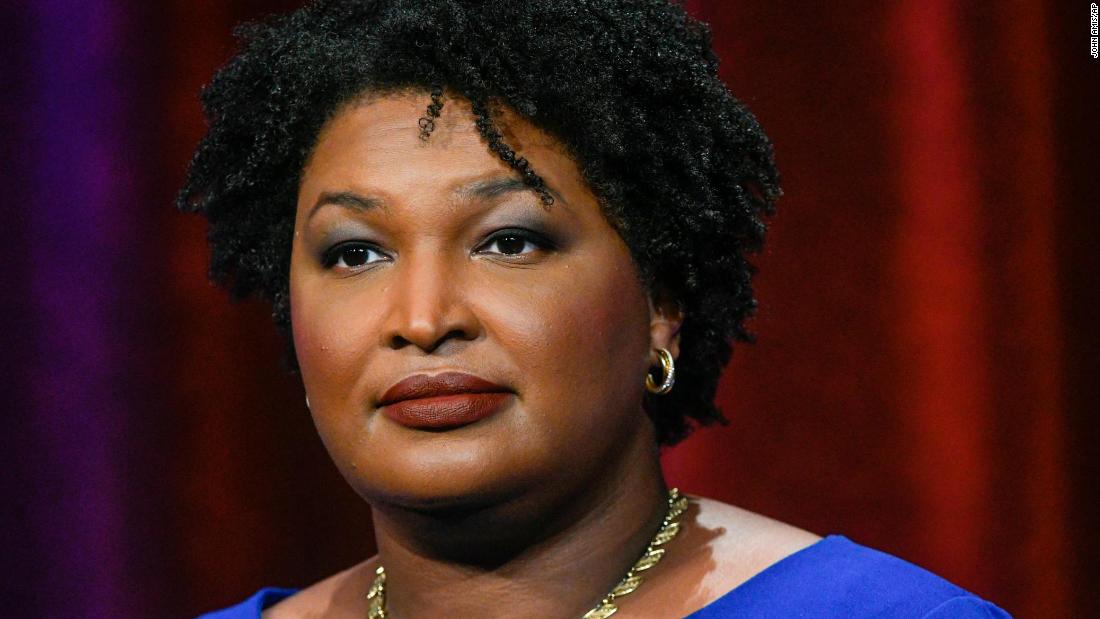
Thanks for your reply. I also wish for both sides to see the merits in the other side’s argument, but the key to the cases before the court is economic equality. If this was a church-state issue, it would be more complicated, but since it focuses more on equality, the definition is less important, at least to me.
Let me start by saying I definitely see where you’re coming from. Many opponents of same-sex marriage seem to simply be saying that accepting ‘same-sex marriage’ would be redefining ‘marriage’ but are ignoring the fact that, if such a union isn’t recognized as legal ‘marriage’ these couples won’t have the same benefits as heterosexuals. Even worse, some opponents probably outright use the redefining marriage argument as an excuse not to want to allow homosexual people the same benefits and rights.
However, I think it is important in this debate for both sides to at least attempt to understand the other and for the stakes and definitions to be well understood pre-debate. (Many) Opponents of same-sex marriage should try harder to empathize with same-sex couples and to understand the consequences of them not being ‘legally married’. However, proponents of same-sex marriage (more particularly opponents of the opponents of same-sex marriage) need to understand that ‘marriage’ is traditionally defined as the union between a man and a woman. I find myself in argument mostly not even with homosexuals themselves, but with these opponents of the opponents that see anyone that doesn’t fully agree with them, doesn’t see homosexuality as the best thing since sliced bread, as bigots, on the wrong side of history. They should try empathizing a little and realize that just because someone’s beliefs (eg. that ‘marriage = man + woman) are different from popular opinion, doesn’t make them a bigot. Or were all southerners in the late 1800’s/ early 1900’s that didn’t think blacks were subhuman, bigots, simply because they disagreed with popular opinion? Although everyone seems to love that whole separation of church and state thing, more people need to realize that church and state HAVE been intertwined: ‘marriage’, defined traditionally as the union of a man and a woman, gives these people benefits by law. Maybe someone doesn’t want a ‘2000 year old book of lies’ (paraphrasing from what I’ve heard from others) implying their rights. But wait, is that my fault, the person who believes in the ‘book’? Should these internet activists be coming at me because of this? Or has the ‘religious definition of marriage'(the only definition of marriage there has been, since ‘marriage’ is built on ‘religious’ foundations) actually always underlain the lawful benefits of such a union, and should these activists thus instead be focusing on changing who gets benefits- regardless of whether or not they are actually ‘married’ – and not the concept that same-sex couples should be considered ‘married’?
In the end, I see how the ‘redefining marriage’ argument can seem like a classic grade school argument tactic to dodge the gist of the debate at hand. Nonetheless, we all should recognize that marriage IS being redefined, REGARDLESS of the consequences of this. Whether this is a ‘good’ or ‘bad’ thing is a different conversation, but it is being redefined.
In essence, I don’t like to be blind to the situations of people I disagree with. This has just been me kind of reflecting, expressing. More likely than not, most proponents of same-sex ‘marriage’ are more adequately ‘proponents of same-sex couples having the same benefits as ‘married’ couples. I have no inclination against same-sex people to have the same legal rights as others. I just want the proponents that would be more adequately classified as ‘proponents of ‘marriage’ being expanded to include same-sexes’ to realize that they are in fact arguing for the definition of marriage to be changed. Many that call any dissenters ‘religious bigots’ likely don’t see the big deal in changing what ‘marriage’ is. However, I think Justice John Roberts described my previous thoughts well when he said: “if you tell a child that somebody has to be their friend, I suppose you can force the child to say, this is my friend, but it changes the definition of what it means to be a friend.”
I realize that I might be appearing to be mumbling about something small, but I do feel like being sensitive to the use of the word ‘marriage’ is important. I do however realize that in certain environments housing this debate, my point (about the label of marriage), although it may have truth to it, might lead to some people focusing on it more than the rights of same-sex couples, a more humanistic, central part of the debate. My point still stands though. I just wish people, on both sides, would be more sensitive to the other, and not use exaggeration or ignorance of the other side to belittle the other’s claims.